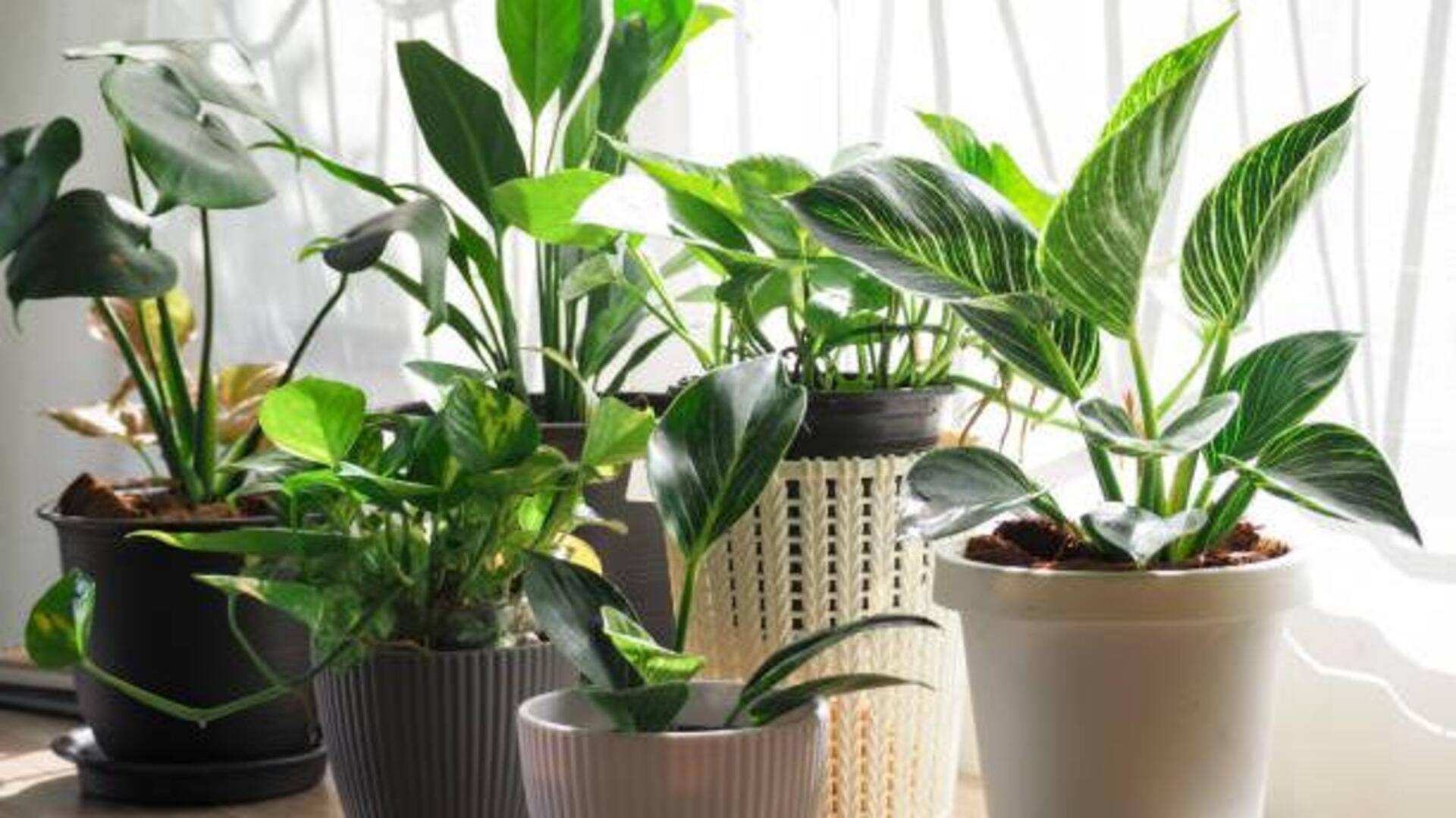**How Sound Waves Can Affect Plant Growth**
*By Simran Jeet | Sep 22, 2025 | 01:43 pm*
—
### What’s the Story?
Sound waves have long fascinated scientists and gardeners alike for their potential effects on plant growth. Although it might sound unusual, emerging research suggests that sound waves can influence how plants develop. In this article, we explore the science behind sound waves and their possible impact on plant growth. By delving into this intriguing topic, we aim to provide insights into how sound waves could benefit gardening and agriculture.
—
### The Science Behind Sound Waves
Sound waves are vibrations that travel through air or other mediums. When these waves reach plants, they may trigger physical and chemical changes within them. Such changes could affect vital processes like photosynthesis and nutrient absorption.
The frequency and intensity of the sound waves play a crucial role in determining their effects on plant growth. Different sounds can cause different reactions, making it important to understand how sound interacts with living plants.
—
### Positive Effects on Plant Growth
Several studies have indicated that exposure to certain sound frequencies can promote seed germination and root development. For example, low-frequency sounds might stimulate cellular activity, encouraging faster growth rates.
Furthermore, some researchers suggest that specific musical genres might enhance plant vitality by creating a more favorable environment for growth. This opens up exciting possibilities for using sound as a natural growth enhancer in agriculture and gardening.
—
### Potential Drawbacks of Sound Exposure
While sound waves may offer benefits, excessive or inappropriate exposure can harm plants. High-intensity sounds have the potential to cause stress or physical damage to delicate plant tissues.
Therefore, it is vital to choose the right type of sound and carefully monitor its effects. Avoiding high volumes and prolonged exposure will help prevent negative outcomes and ensure plants remain healthy.
—
### Tip 1: Practical Applications in Gardening
For gardeners interested in experimenting with sound waves, it’s best to start with gentle, appropriate frequencies and limit exposure times. Playing soft background music or nature sounds can be a safe and enjoyable way to test this approach without overwhelming your plants.
Regular observation is key—monitor your plants closely to see if sound exposure is improving growth or causing stress. With patience and care, sound waves could become a valuable addition to your gardening toolkit.
—
Explore the fascinating connection between sound and plant growth, and discover new ways to nurture your garden naturally!
https://www.newsbytesapp.com/news/lifestyle/how-to-make-plants-thrive-with-sound/story
